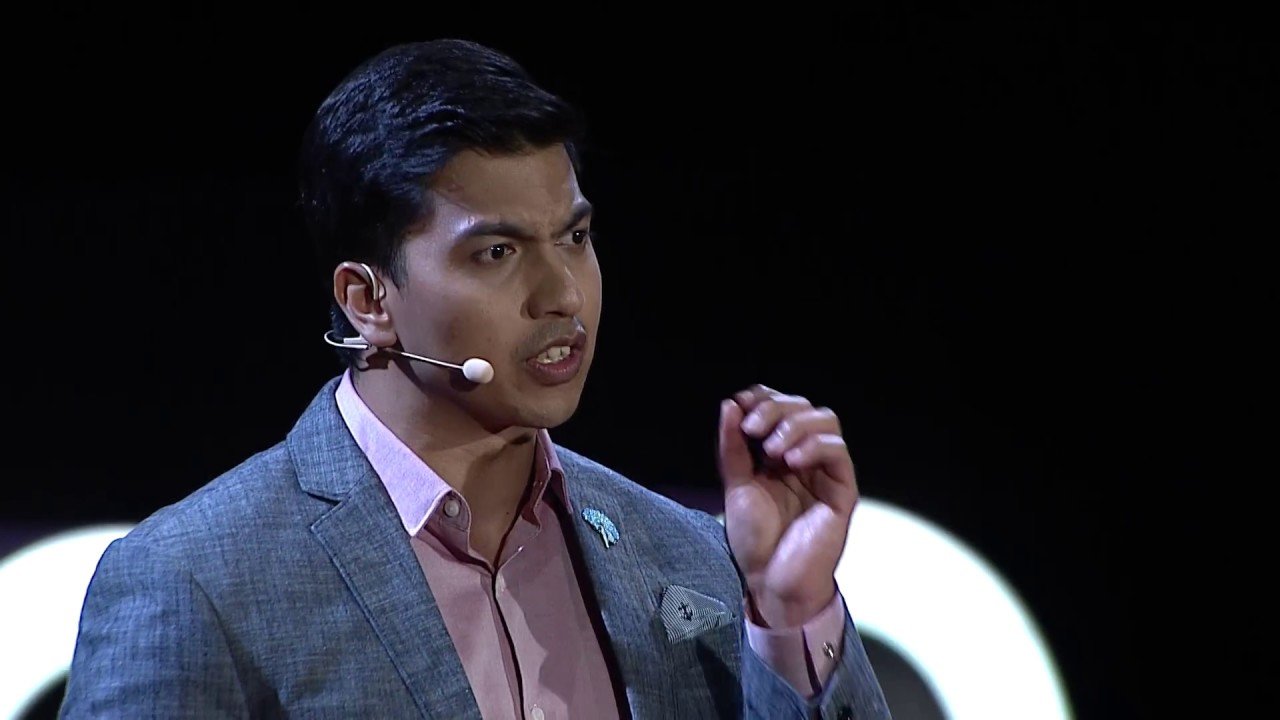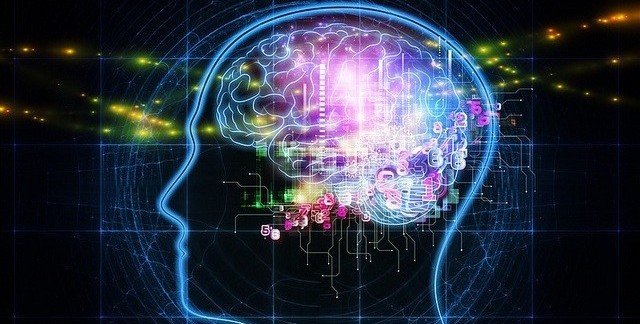A memory could stay with a person for a lifetime, but its content might change, but one should not worry about forgetting the most beautiful moments of his/her life; the most vivid memories stay in memory for decades and there are many strategies to keep them fresh.
By Jaan-Juhan Oidermaa.
“People usually remember the most important events, such as graduation, wedding day or birth of a child, for their whole life. Of course, somewhere around being 60-70 years old, the episodic memory will slowly start deteriorating,” Dheeraj Roy, a brain scientist at the Broad Institute of MIT and Harvard, said. His speciality involves studying memory loss. Usually, it’s not the critical connections between various memories that are being forgotten, but their content. On the other hand, one should not be surprised as some less important memories can be forgotten in just a couple of years.
Recall often and in detail
So why do some memories stay with us longer? “One of the main factors is repetition – if we want to remember something, it’s a good idea to think about it later,” Jaan Aru, an Estonian brain scientist, and researcher at the University of Tartu, said. Memories deemed worthy of remembering should be recalled scrupulously and often.
According to Roy, it would not hurt to flick through the photo album occasionally, for example. The “Mind Palace”, popularised in the TV show “Sherlock”, has some actual scientific ground to it as well. One could visualise driving to the childhood home, using different routes, and “leave” specific memories in various places. Structuring memories in such a manner helps recall them more elaborately.
“When it comes to remembering, the associations linked to circumstances being memorised are really important. Our brain is not like a card index, with every file separate, but rather like a game of dominoes, where all memory contents are somehow attached to each other,” Aru added.
Don’t drink alcohol
The condition of a person’s brain while contracting new experiences or information is important as well. While alcohol, for one, could increase the potential of having pleasant memories, it is also detrimental for the durability of memory imprints.
Among other things, alcohol disturbs the work of proteins that detect glutamate on the surface of brain cells located in the hippocampus. The chemical messenger carries signals from one brain cell to another. With alcohol, some receptors become active, while others do not. It produces steroids that further disturb the communication between brain cells, as well as their ability of long-time stimulation, the last being crucially important in respect of memory and learning.
Concentrate on a single thing
“The other important aspect is the condition of our attention at the moment we try to memorise something. We could better take note of things that we turn our attention to,” Jaan Aru noted. That’s the reason why a student twiddling away with a smart device forgets the teachers’ talk, even while hearing it.
All memories are subject to change
Jüri Allik, a professor of experimental psychology at the University of Tartu, emphasised that no memory is an exact copy of things experienced. “Memory psychology can tell one thing for sure – there’s no memory imprint that would stay unchanged. Every act of recall changes the previous imprint a little. In time, even especially vivid memory pictures do change,” Allik said. It’s natural, then, when people cannot come to an agreement about events that happened, say, a year ago.
Although the reconsolidation theory is relatively young compared with another, more wide-reaching memory theory, it already produces passable predictions about the results of experiments with both people and animals. “When something important happens in the present while we’re recalling an old memory, it can lead to changes in the contents of the memory or our attitudes towards it. Still, according to the scientific view we have now, the memory doesn’t change completely because of reconsolidation,” Dheeraj Roy said.
False memories feel as real as the real memories
Still, experiments have shown that by masterfully combining true and false information or giving small hints, false memories that feel real can be brought about in the human brain. For example, in 1994, the reclaimed American cognitive psychologist, Elizabeth Loftus, whose speciality is false memories, was able to make a quarter of tested people to believe they had lost their parents in a shopping mall as children. In a similar experiment, conducted in 2002, a fake picture led half of the participants to believe they had had a hot air balloon ride at some time in their childhood.
“Our senses haven’t evolved in such a way that we could spot just everything in the environment surrounding us. We receive information through all of our senses, but the process has blanks in it. Because of that, our memory fills these blanks according to things we think we know about the world,” Loftus said. Amazingly, whether we recall memories based on a lie or the real memories, the level of brain activity is the same.
All might not be lost
On the other hand, the research work of Dheeraj Roy and his colleagues has shown that inability to remember something does not necessarily mean permanent forgetting of the memories. Somewhere in the brain, they still exist. “It might be caused by the mechanism of recalling memories not working properly, as well. This is the main reason with some types of retroactive amnesia,” the brain scientist expanded. Thus, further down the future, it’s not unthinkable that some revolutionary technology might make it possible to bring back long-forgotten memories.
“If you want to remember something, concentrate on it, try to link the thing being learned to the knowledge you already have – and repeat it the next day and the next week,” Jaan Aru concluded.
I
The Estonian version of this post was first published in ERR Novaator. The English version was originally published by the University of Tartu blog. Cover: A happy woman (the image is illustrative).




